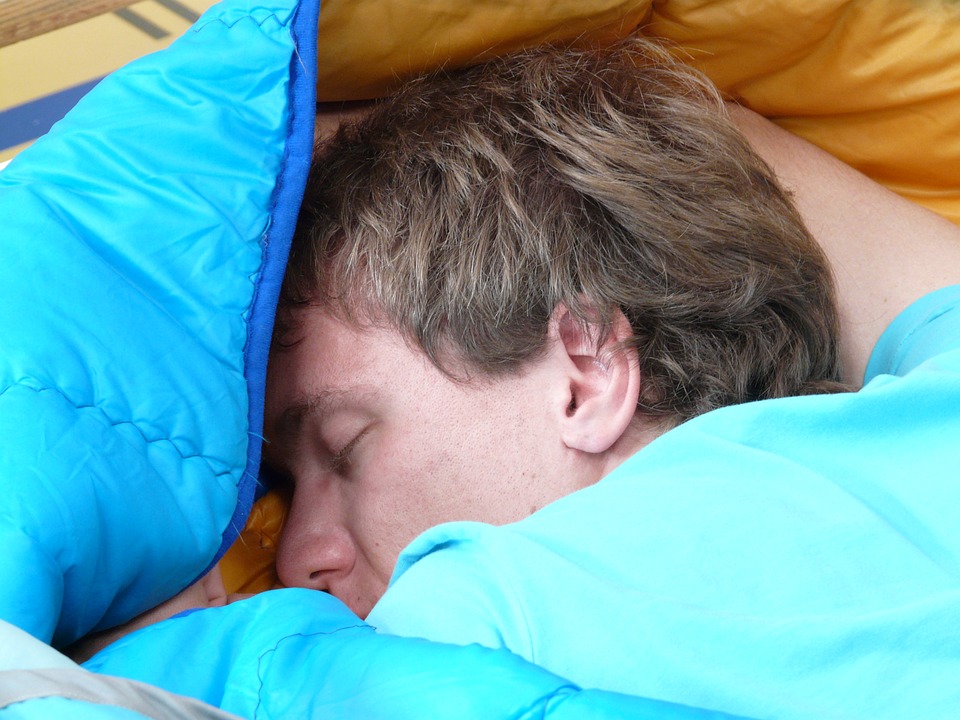3 Common Ways Allergies Can Cause Sleep Apnea –
Allergy makes your life miserable. Allergy gives you an itchy and sick feeling. Other than these two, do you know that allergies are also a possible cause of your snoring or sleep apnea? How can allergies and sleep apnea be connected?
An allergic reaction can affect your sleep. It can be a reason why you are snoring, leading to sleep apnea. A study entitled Obstructive Apneas during Sleep in Patients with Seasonal Allergic Rhinitis showed that in patients with allergic rhinitis, sleep apneas are more frequent and longer compared to those without allergic conditions.
How can allergies cause sleep apnea? Let’s look at the three common reasons.
Allergies Block the Breathing Airways
Allergic reactions interfere with your normal and healthy sleep and can cause sleep apnea by creating congestion. This nasal congestion can dry out your mouth or block your breathing airways. Both of these factors can result in sleep apnea where you experience multiple breathing pauses as you sleep.
Allergies Swell the Tonsils or Adenoids
Allergies can also enlarge the tonsils or adenoids resulting in sleep apnea. Allergic reactions can trigger swelling of the tonsils or adenoids which may cause a blockage that can lead to sleep apnea.
Allergies Inflame the Nose and Throat
An allergic reaction can inflame the nose and throat. The inflammation may obstruct the airways.
Since the air that the body is taking in is not passing through the airway easily, there can be an obstruction that can lead to snoring. Inflammation of your nose and throat can lead to snoring which may trigger sleep apnea.
Allergies can affect your ability to get a good night’s sleep. The good news is that there are treatment options available to manage your allergies and have better sleep. Some of these treatments include over-the-counter medications that can help relieve your symptoms. Other options include decongestants, nasal sprays, and antihistamines.
If your allergies are interfering with your sleep, talk to your doctor. It is recommended to see a dentist specializing in sleep disorders for possible solutions.



